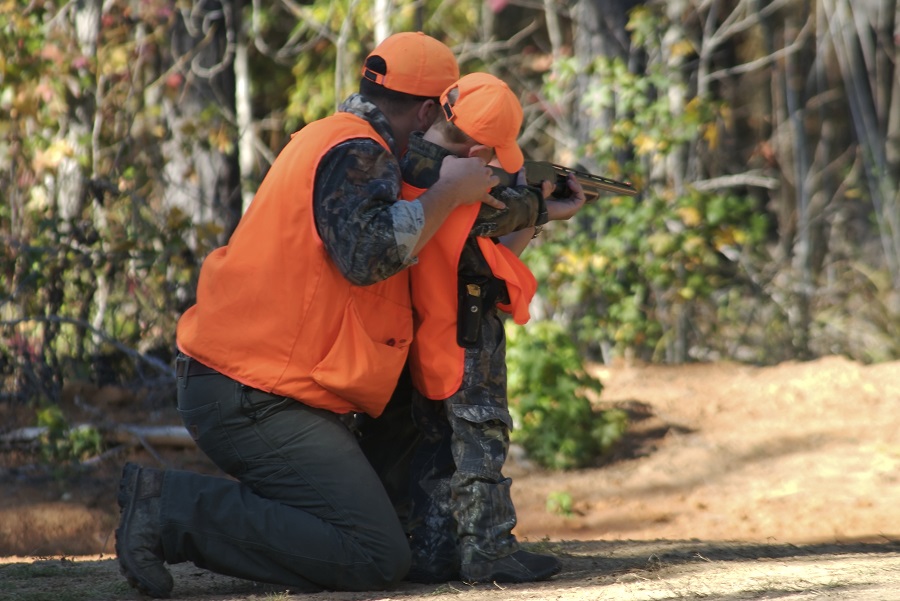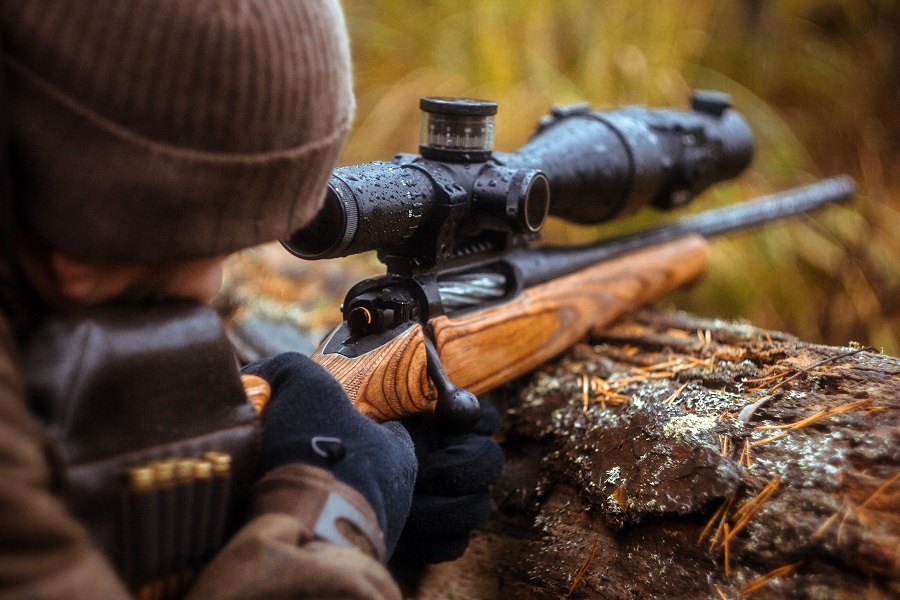How To Protect Yourself On Your Next Hunting Trip

Hunting is an exciting trip for some people, and while you may be looking forward to a competition, you must never forget to prioritize your safety first! You want to be as prepared as you can be before you go on your next hunting trip. Many unpredictable accidents can happen in the wild, especially if you hunt for larger animals. Here are some of the best safety tips that you can follow to protect yourself on your next hunting trip in the wilderness.
Learn How To Hide From Your Prey
If you’re having trouble making your catch, maybe it’s because your camouflage gear isn’t enough to hide you from your prey! One of the Best Hunting Advice is to upgrade your hunting clothing, and you can do this by:
- buying a hunting face mask to cover the face,
- upgrading to camouflage pair of clothing or orange hunter clothing,
- using boots that are light enough for you to chase any prey,
- and not overlooking the importance of hunter belts
Before going out, check if you have all the essentials you will need for the trip. It can also help to keep a checklist so that you won’t forget anything.
Gun Safety
Practice self-awareness when carrying guns to hunt. Make sure that you only use the properly maintained and registered guns. Also, never forget to bring your gun permit every time you go out to hunt! If you’re using a piece of new equipment, test it in a safe area before taking it with you to hunt.
Another way to protect yourself from gun mishaps is always to carry it as if it’s loaded, even if it’s not. You might also encounter seeing equipment left in the wild, so always point the muzzle of your gun away from you before picking it up. Remember to know what your gun is and use your gun’s safety lock if you’re not using it, and only release it once you’re about to aim for your prey.
Lastly, check the local website or contact local authorities if you’re unsure about the gun guidelines and regulations in your next hunting area. It can help you avoid getting into any problems with the locals in the place.
Hunting On Private Land
Hunting on private land also comes with its regulations, boundaries, and possible safety risks for others in the area. Make sure that you consider all these before hunting. Take note of:
- Any neighbors nearby
- Livestock living in the property
- Property boundaries
- Permission from the property owner
- Public roads near the area
- Fences
Also, bring your gun permit or license. What you bring depends on what the property requires for you to hunt in the area. Keep in mind that other people might be working on the hunting site, so you must be certain that you’re targeting animals before you aim and shoot your gun. If there are hunters close to your prey, do not shoot. You might not aim correctly and harm other hunters in the process.
Go Hunting With A Companion
It’s better to bring another hunter with you when going into the wild. A buddy-buddy system can help avoid problems that hunters usually encounter when going alone. You’ll have someone to help you if you ever get injured or give you a better scope as the area with a partner; the more eyes, the better.
Hunting with a senior or professional hunter is also an excellent option, especially if you’re only starting to hunt in the wild and you don’t know how to hunt. These people can help teach you more than the basics as they have more experience.
If you cannot find any hunter available to go with you, you can opt to inform your relatives or close friends where and when you’ll be hunting. This way, people know how and where to find you if any circumstances happen and you’re not back by the time you said you’ll be done hunting.
Know Your Location
The wilderness can be overwhelming, and you might get lost if you don’t know how to locate where you are in the woods properly. To prevent getting lost, you can bring maps, compass, and GPS for easier access to your current location. You can also ask locals in the area what you should look out for once you’re in the woods. Consider finding out any landmarks in the area before going out in the woods.
Once you’re confident with the information you’ve gathered, that’s the only time you should go out to hunt in an unfamiliar area. You can also bring things with you to help set up markings on spots you have been in the forest. Just make sure to take them out with you as well once you’re done hunting.
Hunt Calmly

Excellent hunters practice calmness when going to hunt. By remaining calm, you get to have a proper grasp of situations and remain a good eye on your prey. Being calm helps hunters avoid any premature triggering and unwanted gun accidents. It also allows you to have the best sight of the area and nearby threats.
If you get injured, do not panic and calmly find a way to resolve the issue. Grab your first-aid kit and patch yourself up as best as you can, then calmly find your way out of the woods to get it treated professionally.
Clean As You Go
Once you’re done with the hunt, pack all your equipment and make sure not to leave any trash in the area. Please do not leave any garbage in the wild as no one will clean them up after you. More importantly, do not leave equipment or guns in the woods as someone might find and use them illegally. Check your bags if any smaller animals like snakes managed to get inside your bag. This helps prevent bringing home any dangerous animal to your home.
As much as hunting excites you, always remember that going into the wild can be unpredictable. Be as ready as you can be and always take the right safety precautions. Know how to handle your weapons, be aware of your environment, and always be calm once you’re out to hunt. A clear mind and a ready body can help ensure you a great hunting experience.